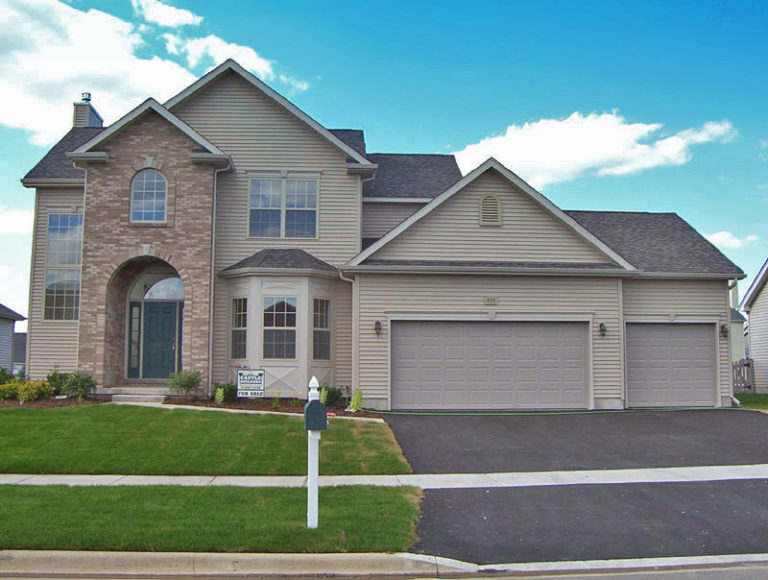
The end of a lease poses the most problems for landlords and tenants because it’s so specific. First of all, there has to be 60 days notice to the tenant or to the landlord regarding termination of the lease. It is important to note that the 60 days notice starts to run on the first of the month after you’ve given the notice. If you give notice on the fifth of the month, you have to wait until the first of the next month to start the 60 days running. Once you give proper notice, you should contact the tenant and set up a time to go through the unit and do an inspection.
During the inspection, you write down all issues with the unit and take photos of any damage that may have occurred. After you have gone through the unit and you have identified any issues you may have, you are required to get an estimate to repair those issues. The estimate will be used in what we call a 20 day letter. The landlord is required to send out a letter detailing any problems with the unit and the cost for repair to the tenant indicating that they are going to take a portion or all of their security deposit to fix it. Failure to send out a 20 day letter could subject you to double the rent.
It’s very important to get this out in a timely fashion and be very specific about what damages there are. It’s also very important to make sure that any money that was owed to the tenant, in addition to the damages, should be sent with that 20 day letter. If you have any questions about what to do at the end of the lease, please contact your local landlord/tenant attorney.
The law firm of Mattleman, Weinroth & Miller, P.C., is composed of experienced landlord/tenant attorneys throughout the state of Delaware. Please contact the office for a free initial consultation and get any questions answered.

